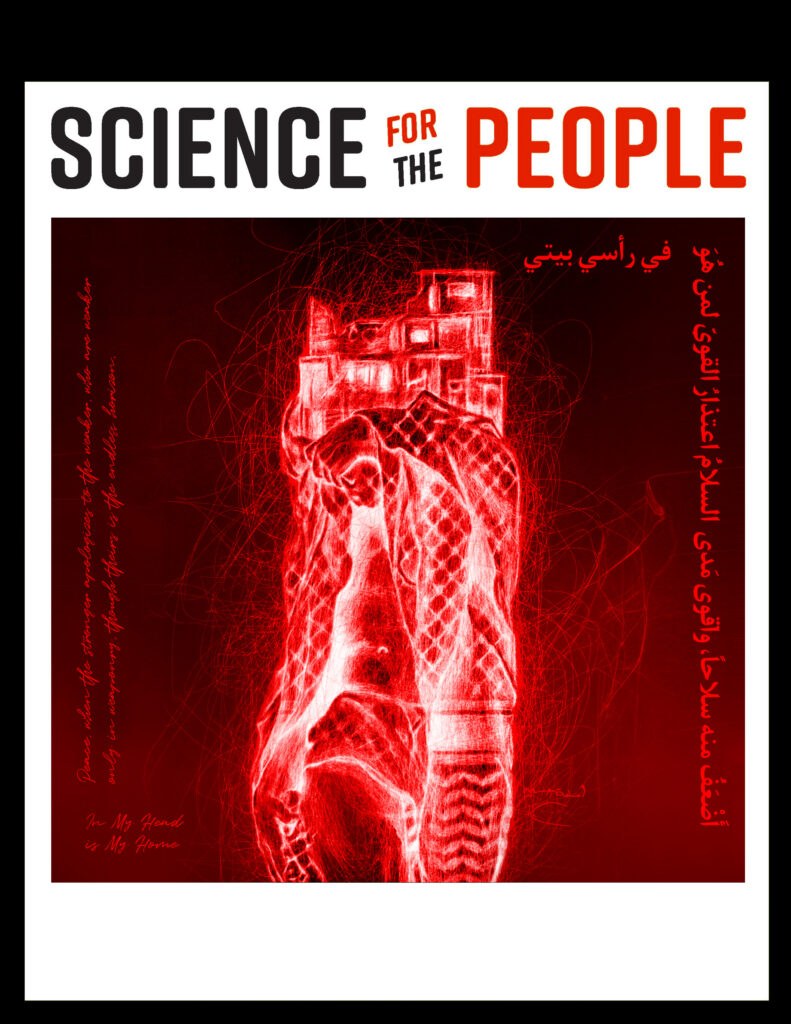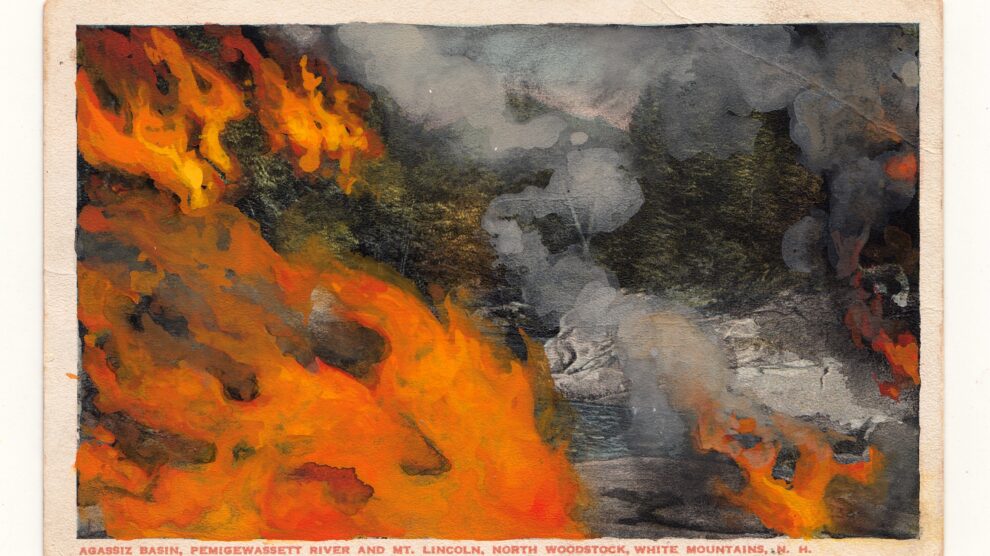
The Palestinian struggle is central to the anti-imperialist struggle—israel is the fulcrum of Western Imperialism. Since israel, the US and Europe’s genocide of Palestine began, SftP members in all chapters have organized themselves to fight against fascism and militarism (described in our chapter reports). Our magazine represents an arm of SftP that enables us to provide clear insight into the lead up to genocide, its historical context, and the links to other struggles for national liberation from imperialism. The core of these articles is that Palestinians continue to exercise their agency in spite of unthinkable oppression, that the genocide against the Palestinians can only be understood through a lens of imperialism, and that anti-imperialism must involve armed resistance and liberation.
Many people are being lied to and deceived about what is happening. Our reach may be limited, but we have made an honest effort to lend legitimacy to the voices speaking up for Palestine. In the United States, students, teachers, and activists are beaten and detained by police for peacefully protesting the complicity of the Western empire in the annihilation of Palestinian life, while congress gives a standing ovation to an invited war criminal after he details his intentions to accelerate the atrocities and admonishes the applauding American politicians for not sufficiently treating students as terrorists. How is it possible that we are watching a genocide livestreamed before our eyes while the west’s complicity in enabling it is left unexamined?
These horrors continue to be explicitly supported and funded by our governments as well as the scientists and engineers developing the technological infrastructure that enables the occupation and the genocide. It’s not just workers at “defense” companies such as Lockheed Martin and Northrop Grumman, but also tech companies such as Google and Amazon, who are implicated. These companies participate in a range of projects for the israeli government and military, including Project Nimbus, for which Google and Amazon provide cloud computing services. Within universities, research funded by the military and long-standing cooperative relationships between universities in israel and in North America and Europe involve academics in the zionist project. On the positive side, there are growing movements among the workers in both industry and academia to oppose research and development that supports occupation and genocide. The #NoTech4Apartheid campaign, organized by workers within Google, Amazon, and Microsoft, exposes and challenges these companies’ collaboration with israel. Within academia, students and their unions are active participants and vocal supporters of the encampment actions demanding university divestment/disinvestment from israel.
An analysis has limited value if it cannot be applied to ongoing liberatory resistance. Rather than requiring scientific perspectives, for this issue, we welcomed what our contributors saw most fit to say about Palestine. These views are essential, as Palestinians themselves have underscored the importance of supporting their struggle from within academia and allied institutions. For us, the academic and cultural boycott is a foundational call to action.
Science and technology have enabled atrocities throughout history, such as the ones we see being carried out in Palestine right now. These fields of work are a core part of the military industrial complex which grows ever more deadly. As the genocide marks a year since its beginning, the goal of this issue is to contribute to the liberation of Palestine, to maintain an “optimism of the will” even as we entertain a “pessimism of the intellect.”1 It is our hope that through this issue we can acknowledge the present moment while imagining a future where Palestine is free.
Notes
- Paraphrased from “pessimism of the intellect, optimism of the will” frequently attributed to Antonio Gramsci—however, the line was originally coined by Romain Rolland in a 1920 review of Raymond Lefebvre’s novel The Sacrifice of Abraham; Gramsci, “Address to the Anarchists” in Selections from Political Writings 1910-1920, 188; Romain Rolland, “Un Livre de Raymond Lefebvre. Le Sacrifice d’Abraham,” L’Humanité, March 19, 1920, 1.





